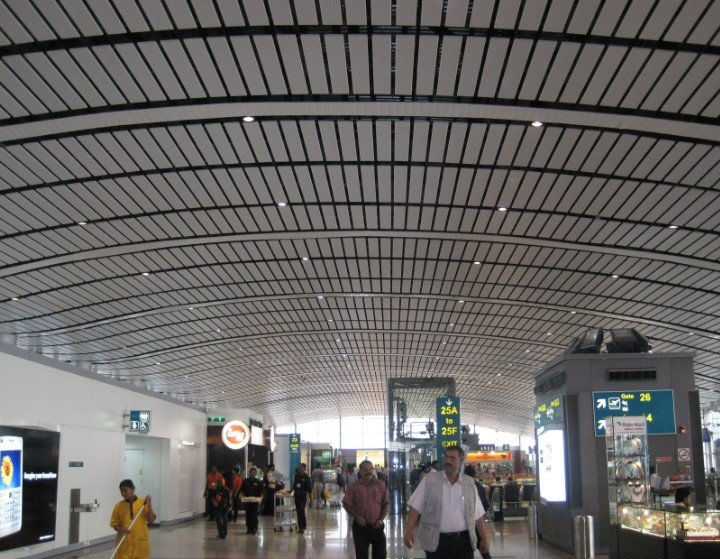Amid war sirens and hospital chaos, a father’s final hours unfold far from home
The body of Revella Ravinder, a 57-year-old Indian worker from Telangana, returned to his native Jagtial district on Wednesday—two weeks after he died in an underground bunker of a Tel Aviv hospital during one of the most intense nights of the Iran-Israel conflict.
It wasn’t the war that killed him. It was his heart. But it was the war that denied him peace in his final hours.
From Jagtial to Tel Aviv: A Life of Labor and Longing
Ravinder left India years ago, part of a generation of middle-aged workers who quietly fuel Israel’s infrastructure and caregiving sectors. According to local officials in Telangana, Ravinder had been working in Israel for several years, sending money back to his family regularly.
He had recently taken ill and was admitted to the Sourasky Medical Centre in Tel Aviv—one of the city’s best-equipped hospitals. But no hospital feels safe when air raid sirens scream overhead and missiles light up the sky.
On June 16, amid escalating Iranian missile strikes, medical staff rushed patients into underground bunkers. Ravinder, already frail from cardiac complications, was among them.
“He was scared, confused, and far from home,” a hospital staffer reportedly told embassy officials later. “We tried to keep everyone calm. But he was not doing well. His heart gave up.”

Indian Embassy’s Role and Telangana’s Response
It took several days for the embassy in Tel Aviv to coordinate the repatriation. Paperwork. Clearances. Documentation. Flights were disrupted by airspace concerns, and international cargo carriers remained on alert.
Indian diplomatic officials said the Ministry of External Affairs worked closely with Israeli authorities and Ravinder’s family to expedite the return of the body.
• The body arrived in Hyderabad on Wednesday morning and was taken by road to Jagtial, about 190 km away.
State officials from the Telangana NRI Affairs Department met the family and offered condolences. Ravinder’s wife, Lakshmi, wept inconsolably as the coffin was opened for final rites.
“He kept saying he wanted to come back and rest here,” said his son, Praveen. “But he came back like this. In a box.”
Hospitals Become Shelters as Airstrikes Rattle Israel
What set Ravinder’s case apart wasn’t his ailment, but where he died.
During the week of June 13–19, as tensions with Iran flared into long-range attacks, Tel Aviv’s emergency infrastructure was put to the test. Hospitals across the city, including Sourasky, activated “Code Red” emergency protocols, shifting all critical patients into fortified underground zones.
One doctor described the atmosphere as surreal. “Imagine a cardiac unit operating beneath the earth, with doctors using flashlights because some systems were down.”
Medical professionals said the emotional toll on patients was palpable. “They could hear the explosions. Some asked, ‘Is this a hospital or a shelter?’”
Ravinder, already vulnerable, couldn’t withstand the anxiety and physical strain of the episode.
Emotional Toll on Migrant Families
Back in India, Ravinder’s story has touched a nerve in migrant communities. In Jagtial and surrounding towns, nearly 1,200 families have relatives working in the Middle East and Israel.
Small towns like Metpally, Korutla, and Dharmapuri have long depended on migrant remittances.
“There’s pride, of course,” said local sarpanch K. Manohar Reddy. “But there’s fear too. Everyone’s watching the news now—Gaza, Iran, Yemen. Nobody feels safe sending people abroad anymore.”
A few families have reportedly asked their sons to consider returning home, despite the economic risks. Others are now checking health coverage, embassy contact points, and emergency numbers more carefully.
How Conflict Zones Complicate Indian Expat Lives
This isn’t the first time India’s migrant workforce has been caught in the crossfire of global conflicts. Here’s a look at past evacuation episodes:
| Conflict Zone | Year | Indian Nationals Affected | Evacuation Operation |
|---|---|---|---|
| Iraq (ISIS) | 2014–16 | ~20,000 | Operation Raahat |
| Ukraine-Russia War | 2022 | ~18,000 students | Operation Ganga |
| Sudan Clashes | 2023 | ~3,000 | Operation Kaveri |
| Israel-Gaza Crisis | 2023–24 | ~900 | Commercial + Embassy |
Most workers in Israel today are either caregivers or construction laborers. Many are undocumented or working on short-term visas without comprehensive insurance.
One community worker based in Netanya said, “There’s no war clause in the average contract. If you die in conflict—even indirectly—your family’s on its own unless the embassy steps in.”
Mourning Quietly in Telangana’s Heartland
Ravinder’s funeral was brief but emotional. A crowd of nearly 200 people stood silently under the afternoon sun as the last rites were performed. His wife lit the pyre, hands trembling.
One woman near her whispered, “He went so far… and never got to see his land again alive.”
A priest muttered prayers over the firewood. Children stared curiously at the coffin before the flames swallowed it.
And then it was over. Just smoke in the sky, much like the missile trails that had marked his final moments abroad.
